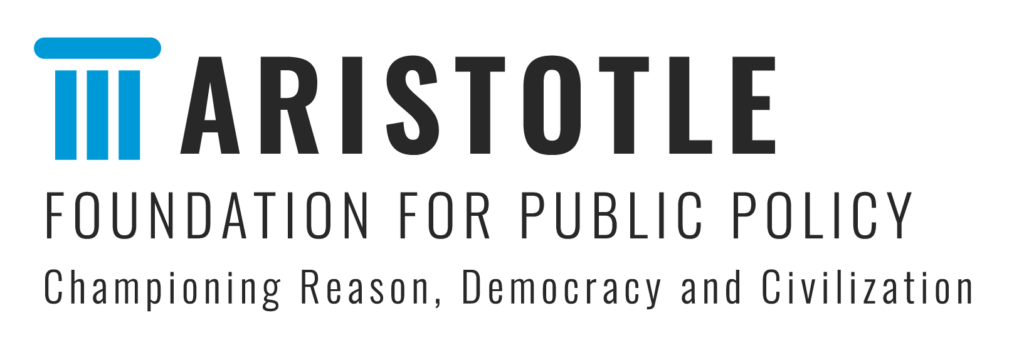
March 19, 2024
FOR IMMEDIATE RELEASE
———-
CALGARY: A new research report authored by political scientist Tom Flanagan (Professor Emeritus, University of Calgary) and published by the Aristotle Foundation for Public Policy analyzes Indian Act tax exemptions and their impact. It determines which exemptions are and are not justified, and how refining existing public policy would be a win-win for everyone—albeit, unpopular with some.
Professor Flanagan’s study assesses the current tax exemptions for “Registered (Status) Indians.” (The report uses the language found in the constitution, legislation, orders in council, and Canada Revenue Agency interpretation bulletins to be precise about who is affected by the foregoing.) Professor also traces the history of such exemptions, the effects of taxation policies, and which policies make sense to change.
“I have been speaking to audiences in Canada about Indigenous issues for decades. The topic that has always aroused the most indignation is the non-payment of taxes by Registered Indians on Indian reserves,” said Prof. Flanagan, “and whatever small benefit the tax exemption confers is not worth the antagonism caused by the feeling that the recipients are not pulling their weight.” Clarity on this contentious issue is important.
In summary, the study finds:
In practice, this would help ensure that federal transfers to support the community stay in the community.
“In short, our proposed changes to the tax regime for Indian reserves and Registered Indians are modest in impact,” notes Prof. Flanagan, “but they would help move First Nations in the direction of meaningful self-government, increase equality before the law, and reduce the resentment that many Canadians feel about the special privilege of immunity from taxation.”
Link to the study: The Section 87 Indian Act taxation exemption: An analysis
To arrange for an author interview, note the contact below.
-30-
MEDIA CONTACT TO ARRANGE INTERVIEWS
Joanne Birce, Administrative Coordinator
Aristotle Foundation for Public Policy
Email: info@aristotlefoundation.org
Like our work? Think more Canadians should see the facts? Please consider making a donation to the Aristotle Foundation.

The logo and text are signs that each alone and in combination are being used as unregistered trademarks owned by the Aristotle Foundation. All rights reserved.
SUBSCRIBE TO OUR NEWSLETTER
SUBSCRIBE TO OUR NEWSLETTER

are signs that are each alone and in combination are being used as unregistered trademarks owned by the Aristotle Foundation. All rights reserved.
SUBSCRIBE TO OUR NEWSLETTER

SUBSCRIBE TO OUR NEWSLETTER
